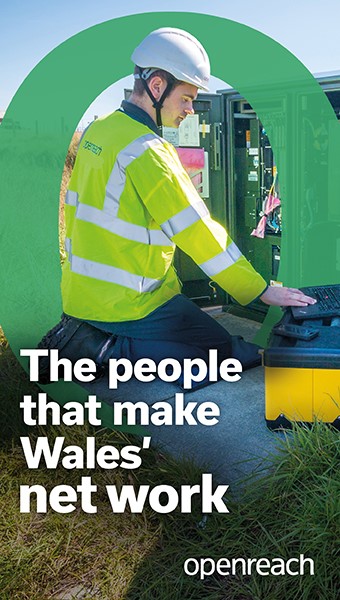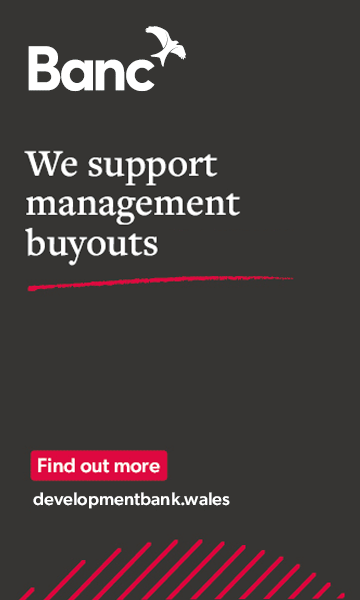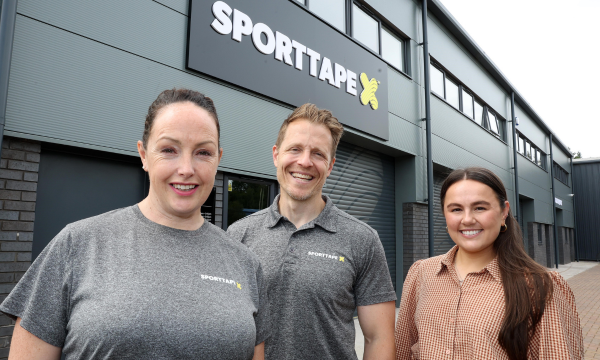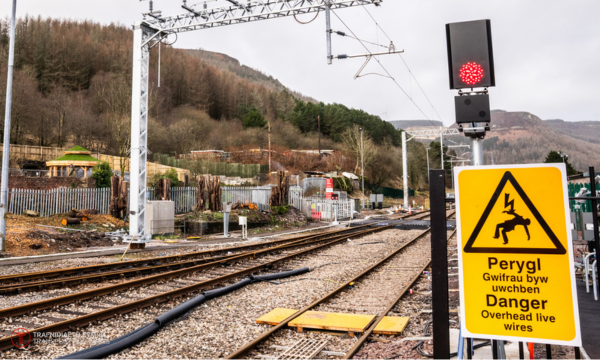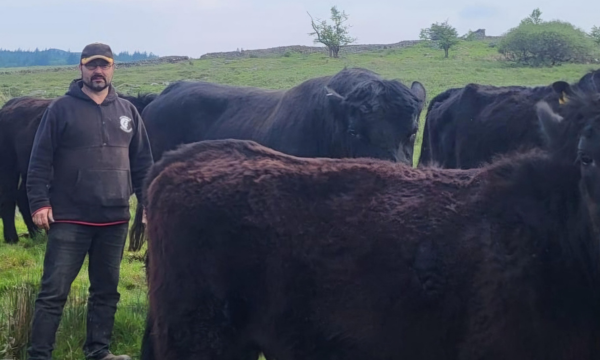Creating a decarbonised economy founded on a sustainable way of living will take more than ‘just’ a transformation in the way we fuel our transport, power our industry and energise our built environment. It requires something of a paradigm shift in the way we all live – with micro and SME companies at the heart of this revolution, delivering low carbon sustainable services that, together, will drive the green economy and a new way of life.
Micro Acres Wales is one such enterprise and is already leading the way – growing a wide range of micro vegetables and herbs at their urban farm in Church Village, Pontypridd, where husband and wife team Chris and Donna Graves deliver “Farm to Fork” farming that minimises carbon use in production, transport and storage.
Our research points to this being the future of vegetable and herb farming
Chris and Donna’s philosophy is built on an ethical respect for nature, with all produce farmed locally, sustainably and responsibly – sowing, cultivating and harvesting to order, so that everything bought at Micro Acres is optimal in terms of freshness, taste and nutrition.
“Microgreens are young vegetables, herbs and shoots that are still full of healthy vitamins, with high levels of A,B,C,E and K, plus vital minerals such as Potassium, Calcium, Iron, Phosphorus, Magnesium and Zinc” explains Donna,
“and the way we grow them benefits the world around us as well as our own health. With the rise of climate change, the increase in carbon footprints, the reduction in availability of agricultural land, the need to grow and buy locally to become more self-sufficient – and the impact of businesses on the environment – all the evidence points to this being the future of vegetable and herb farming.”
CEF uses less water, land and energy, producing consistency of supply and standards. What’s not to love?
“Controlled Environment Farming (C.E.F.) uses less water, less land and less energy in the process of production” continues Chris.
“It also provides 365 days a year farming that’s not susceptible to the variations in climate and weather conditions – and from a supply chain perspective offers urban and vertical farming in towns and cities. The delivery is local and so it doesn’t add to logistical carbon footprints beyond local travel, with no large lorries importing goods. The propagation lights we use are very low energy LED's and our energy supply is from 100% renewable energy sources – with C.E.F. enabling us to grow produce that’s constant in availability and consistent in high standards. What’s more, we’re doing all this by utilising the urban space on a housing estate – so we’re proof that communities anywhere can become more self-sufficient and urban areas can be utilised to effectively grow nutritious food locally. What is there not to love about C.E. F.?”
Microgreens are ‘big' in Australia, Canada, the US and New Zealand – and Wales is catching up!
What are the main lessons learned so far?
“We can use less resources to grow, harvest and transport fresh local produce that’s tastier, with a great shelf life, available 365 days a year, no matter what the weather. And we can do that without pesticides or chlorine, relying on organic soil and healthy seeds – using recyclable packaging and materials, and even recycling some of that soil back into the food chain, supplying the feed for some very healthy local chickens. There’s more that can be done, of course,” says Chris.
“There isn't anywhere in Wales that does industrial composting for packaging, which means even the ‘green’ compostable containers that are used to keep the produce air tight, fresh and suitable for the fridge, end up in landfill. So we had to make the difficult decision to use ‘widely recyclable' salad plastic containers.”
Nurturing a new generation of food producers to improve mental health, wellbeing and quality food intake
“Sourcing ‘greener’ alternative packaging that maintains the quality of the produce and the shelf life is one of our targets for the next six months” explains Donna, “along with forging closer links with other farmers whose livestock would benefit from the nutritious soil and roots that are left after harvesting; and using bikes and electric scooters for local deliveries.”
“A year from now, we aim to have gone further again, investing in an electric van for larger deliveries further afield, solar panels on the grow room roof and hot composters that deliver ‘zero waste' onsite. Beyond that, we’re aiming to offer ‘live trays' for purchasing – and a range of grow kits as gifts for children, to encourage growing at home and knowledge of food production, as part of nurturing a new generation of food producers to improve mental health, wellbeing and quality food intake.”
Help from the Welsh ICE and Knowledge Transfer & Innovation Programme has been invaluable
Solving 21st Century food issues – through a combination of technology, science and a commitment to sustainability and quality – is no mean feat; and a number of organisations in Wales have been keen to support Micro Acres Wales in bringing low-carbon-footprint food production to the CCR region.
“The Welsh ICE offered us tremendous help” stresses Donna. “We were a part of their 5-to-9 evenings club – 7 weeks of business workshops dedicated to startups, culminating in an online ‘pitch' to a panel of experts with constructive and useful feedback. And they’ve continued to be a source of inspiration, information, motivation and networking that’s helped develop our business experience and know-how.”
“We’ve also been fortunate to receive funding from the “Knowledge Transfer and Innovation Programme” Contract from the Welsh Government’s Food Division, which is part of the Environment and Rural Affairs portfolio at Cardiff Metropolitan University ‘Zero2Five'” says Donna.
“The project leader, Mrs Jackie Evans, has helped us enormously with her observations, advice and training – supporting us in areas such as developing our systems, managing risk and maintaining standards of quality control, including helping us create a full HACCP guide from concept to writing.”
Our customers have helped and supported us, every step of the way
“Let’s not forget our customers, who have been pretty amazing” emphasises Chris.
“So many people who have bought from us have given positive reviews, support and ideas, including pictures of dishes and meals where they have used the microgreens. Our customer-base began with family and friends and has since developed to include B2B customers, a wholesaler, chefs and caterers – and the wider public who bought from us at our very first Farmer's Market in Pontyclun, just a couple of months ago.”
“Every step of the way, over a short amount of time, our customers have encouraged and believed in our products, our ethos and us. We’ve evolved a business from growing a single tray as a trial to where we are now, with multiple trays and a wider variety of produce. But this is just the start – for us and urban vertical farming as a whole. Microgreens are ‘big' in Australia, Canada, the US and New Zealand – and Wales is catching up!”

